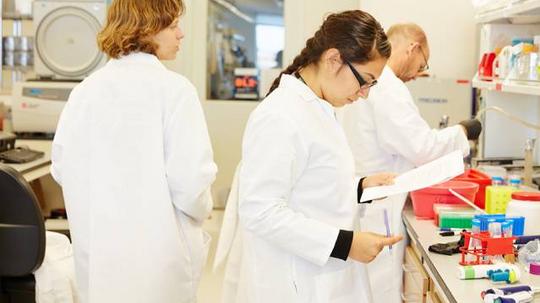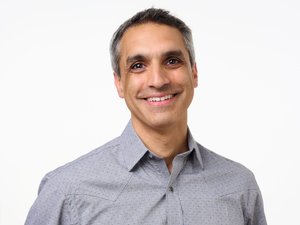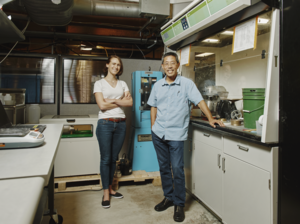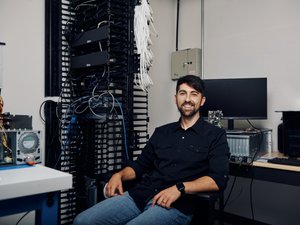
The Broad Institute of MIT and Harvard announced Tuesday a globally groundbreaking gift. The Cambridge-based biomedical research center has received a $650 million commitment from philanthropist Ted Stanley — the largest-ever gift in psychiatric research and among the most generous for scientific research overall.
The goal is to galvanize mental illness research. The announcement then fittingly came mere hours after the release of the largest genomic study of schizophrenia, completed by a group of Broad researchers and published in the journal Nature. The newfound financing will support similar kinds of research, which is only one step toward, ultimately, developing treatments that target the molecular roots of the disease.
Stanley has already given the Broad Institute $175 million, which made the establishment of the Stanley Center for Psychiatric Research possible. The Stanley Center brings together scientists in 25 countries, and, beyond schizophrenia, focuses on making significant strides in the areas of bipolar disorder, autism, depression and ADHD.
The philanthropist's new commitment will consist of annual gifts during his lifetime that will equal roughly tens of millions of dollars. The remainder of the $650 million will be given to the Broad Institute after Stanley's death.
Stanley spoke to his commitment in a statement, saying:
Human genomics has begun to reveal the causes of these disorders. We still have a long way to go, but for the first time we can point to specific genes and biological processes. It’s now time to step on the gas pedal. I am devoting my personal wealth to this goal. But it will take all of us — philanthropists, government funding agencies, scientists, patients and families — working together to achieve it.
Stanley made his fortunes by founding collectibles company The Danbury Mint. The focus of his philanthropy came to light when his son came down with bipolar disorder with psychosis, according to WBUR.
“There was something out there that our son could take, and it made the problem go away,” Stanley told WBUR. “And I’d like to see that happen for a lot of other people. And that’s why I’m doing what I’m doing.”
His dream sounds like it could, one day, turn into a reality.
“Ten years ago, finding the biological causes of psychiatric disorders was like trying to climb a wall with no footholds,” said former Harvard Provost Steven Hyman, director of the Stanley Center, in a statement. “But in the last few years, we’ve turned this featureless landscape into something we can exploit. If this is a wall, we’ve put toeholds into it. Now, we have to start climbing.”
Image via MIT News/the Broad Institute








